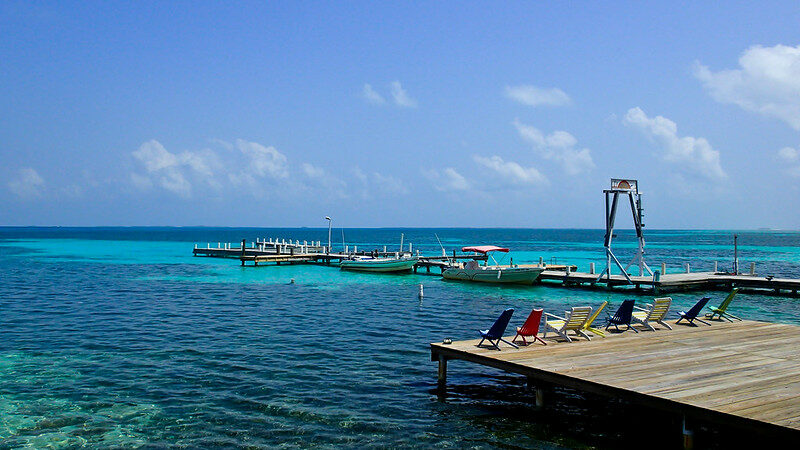While rich countries invest an estimated $12 trillion in coronavirus recovery measures, vulnerable nations are in survival mode.
A “green recovery” is an unaffordable luxury for governments in places like Angola and Belize, struggling to meet citizens’ basic needs — and service mounting debts.
Their vulnerabilities are different. For Angola, it is dependence on oil exports. For Belize, it is tourism — and the cumulative impact of rebuilding from increasingly intense hurricanes.
“Covid-19 has really compromised our ability to move forward on our climate targets and it’s unfair and unfortunate because we are not the climate offenders but we bear the burden of the cost,” Belizean minister Carla Barnett told us.
G20 countries are allowing the poorest countries to defer debt repayments until June 2021, but the IMF and World Bank agree a longer term solution is needed.
This week’s stories
- Ballooning debt cripples poor countries’ hopes of green recovery from Covid
- Ships to get free pass on emissions until 2030, under compromise proposal
- Brazilian spies intimidated government’s own delegates at climate talks
- EU considers crackdown on methane leaks from imported oil and gas
- Brazil’s military operations are not halting deforestation in the Amazon
- Campaigners confront IMF chief over green recovery contradictions
- IEA outlines how world can reach net zero emissions by 2050
- A Biden victory could spur global climate action, but the US has much to prove
Big brother Bolsonaro
The Bolsonaro administration has been accused of intimidating climate campaigners and negotiators, following the revelation it sent spies to monitor Brazil’s own delegation at last year’s talks in Madrid.
While it is not unheard of for governments to send spies to UN climate summits, examples that have gone public involved gathering intelligence on other countries’ negotiating positions.
In this case, agents were there to pick up criticism of Bolsonaro’s Amazon policy, with the effect that Brazilian negotiators were afraid to be seen with environmentalists.
Toothless tinkering
A compromise proposal to tackle ship emissions at the International Maritime Organization would barely dent the sector’s carbon footprint this decade, experts warn.
The submission backed by 14 Asian, European and African countries suggests a range of measures to make the world’s 60,000 vessels more fuel-efficient — but no enforcement until 2030.
Responding to the story, UK Cop26 climate champion Nigel Topping urged businesses, ports and innovators to bridge the ambition gap.
